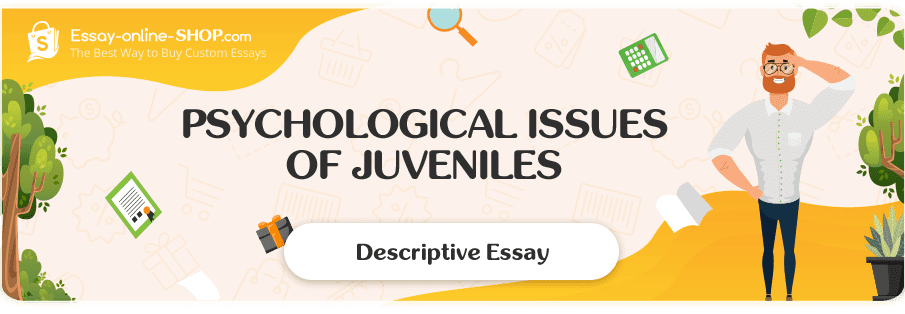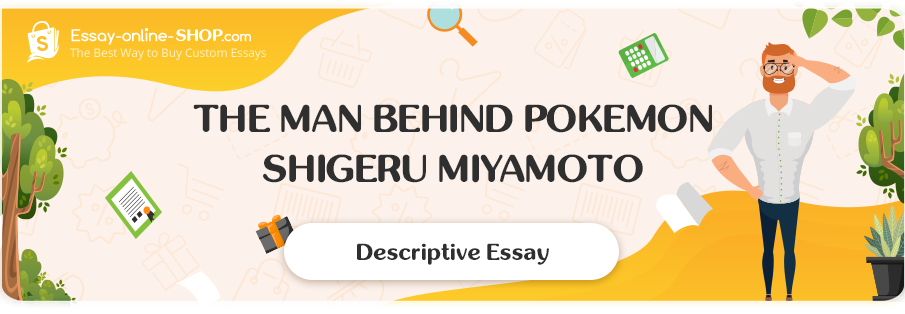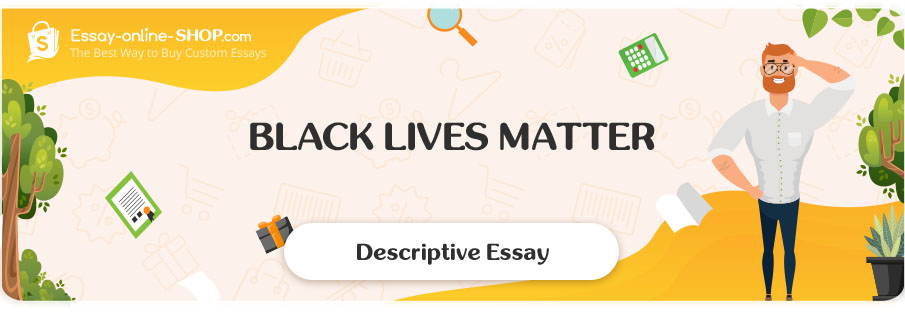
As Dr. Michael Wozny warned in 1981, “We’ll be drowning in information” (Fowler 1981). Nowadays, the world has clearly seen the amount of information available to the general public rose so sharply that one can find it unexpectedly difficult to handle. Trying to follow current events and up-to-date news concerning professional activities, people are increasingly relying on traditional and digital media which present a huge variety of interpretations of the news. The point is that such reliance makes the media in general and digital media in particular a noteworthy variable of public opinion and behavior. What is shown to or concealed from a public eye in media matters as much as it has never meant before. Numerous attempts to explain why this happens include Kurt Lewin’s gatekeeping theory. Societies have always been shaped and influenced by trendsetters – the concept is now encompassing high technology companies and various media outlets. These include Silicon Valley in general as well as social media such as Facebook, Twitter, Instagram, and many others, which explicitly “gatekeep” information flows to publish and communicate only messages that are appropriate in terms of their frame of values and commercial interests. The new media have undertaken the functions and responsibility of traditional gatekeepers, thus changing our very understanding of journalism.
The Concept of Gatekeeping
Gatekeeping theory rests on two permanent arguments. They are as follows: (1) that news happens everywhere around the world; (2) that media outlets are incapable of encompassing all of them (Shoemaker, Riccio, & Johnson 2013). It raises the problem of making decisions on the news to be published or broadcast. The decision-makers, therefore, has to observe and process the news selecting only those they consider to be relevant to the target audiences of their media outlet. It is important to note that while perceiving and synthesizing information, the person or persons responsible for choosing content are guided by their beliefs, morals, and concerns however impartial they claim to be attempting to eliminate the impact of subjectivity. Basing upon this, one can infer that these persons possess the capacity of interpreting the information agenda for societies by letting some news “pass” through the “gates” of their news criteria while keeping others away from the audience.
Approaches to studying gatekeeping effects were stated by Kurt Lewin when he observed how lectures to housewives from Iowa affected the consumption of sweetmeat at households. He noticed that housewives were gatekeepers who controlled the food to be eaten by other members of their families (Roberts 2005, p. 5). Since then, based on Lewin’s ideas, numerous researchers extended the theory to the mass communication process and discovered that journalists and news editors remarkably contributed to the content of mass media. Roberts (2005) argues that the key benefit of gatekeeping theory lies in “summarizing the various forces that come into play as news people make decisions about what messages will be selected to present to their audiences.” The process of selection implies that the reality may be distorted, partially concealed from the public, or even fabricated without a sound basis.
Changes Matter
The advent of the Internet technologies that provide for publishing and disseminating information of any kind has raised the concept of gatekeeping, which now relate to technological platforms, news websites, and social media. Although any person on the Internet is considered to possess virtually equal opportunities with respect to the communication of their message to the others, in reality, only a few individuals and entities have assumed enough popularity so that their voice and opinion is heard and followed. Owing to the predomination of press culture and overall scarcity of news sources, it is the first time in history when a small number of journalists and officers are deprived of the actual right to decide upon what information is to be considered unacceptable or inappropriate (Shoemaker, Riccio, & Johnson 2013).
With the current prevalence of digital media, it has become even more difficult for newspapers, magazines, radio, and television to maintain their inherent “gatekeeping” functions, which has resulted in a fact that some observers believed that “editing,” in its traditional sense, is gradually disappearing, suggesting no viable alternative to such pre-moderating of media content (McCrum 2010). From another perspective, the news is increasingly “ditching the traditional gatekeepers and going straight to their audience via the web” (Plunkett 2008). Such a sharp shift toward online communication, which is observed in the past decades, grants high-technology institutions enough power to force traditional journalism to refuse its exclusive right to determine what people are to know or not to know.
IT-Gates to Information
In the world of changing media landscape, the news is no longer an exclusive merit to which only a limited number of news companies have access. Newsmakers are being further alienated from the actual process of doing what they are primarily intended for – playing the role of “gatekeepers” for the society. According to Bell (2014), public affairs are now conducted by Silicon Valley, namely a few private companies located there. The plausible reasons to explain this phenomenon are various, including the effectiveness of conveying any relevant idea or information via the Internet, the number of individuals accessible by means of this medium, and changing of the attitude toward the products in a friendlier manner which makes it closer to the audience. It is worth mentioning that Facebook, for instance, is estimated to have more than twenty percent of the world’s population registered, whereas more than 300 million people are the users of Twitter (Bell 2014). This audience is so large that any traditional media outlet can hardly approximate those numbers.
Currah (2009) also adds that the very character of news consumption has undergone dramatic changes as well: “the long-running conversion of younger consumers into reliable consumers of news (for example, as they develop a stake in the future, in the form of family or community) could be disrupted by the emergence of an alternative media ecology, defined by choice and participation, not scarcity and passivity” (Currah 2009, p. 12). Hence, the dissemination of news content online is less impeded (if ever) and more accessible. Bell argues further asserting that “[n]ews publishers have lost control over distribution. Social media and platform companies took over what publishers couldn’t have built even if they wanted to” (Bell 2014). Whereas in the past, entry into news media market was substantially limited due to its cost, now its importance has been deteriorated, giving way to the factor of competition.
Social Media Gatekeeping
To understand mechanisms underlying peculiarities of gatekeeping in social media, it is important to define conditions under which both journalism and social media coexist. This coexistence is definitely not equal; rather, being more dynamic and adaptable, content published online formulates certain rules to which journalists have to adjust, including updating information on a constant diet and abridging it so that it can be grasped in a small period of time. On social media, the content is primarily determined by the individuals who either are witnesses to an event worthy of comment or express their point of view regarding a broad range of questions starting from political events and ending with the recent fashion trends, thus underscoring face-to-face communication. Bell (2016) justly notes how this contributes to gatekeeping theory by saying that “[t]he largest of the platform and social media companies, Google, Apple, Facebook, Amazon, and even second order companies such as Twitter, Snapchat and emerging messaging app companies, have become extremely powerful in terms of controlling who publishes what to whom, and how that publication is monetized” (Bell 2016).
Facebook has been working the most effectively to monitor and control information published on it, regularly modifying and improving the algorithm determining what content is to be shown on each user’s page or prohibited from being displayed. However, some arguments had arisen regarding the principles underlying this algorithm as, for example, when it automatically blocked the famous photo of a naked girl running away from napalm shelling during the Vietnam War as it was thought to be “child pornography” (Heath 2016). Furthermore, one of the recent changes concerning Facebook’s algorithm was intended to divert away much of the traffic from publishers, giving instead more room to posts from the user’s friends (Wagner 2016), which affected the former marketing strategies. Eventually, traditional gatekeepers are being increasingly moved aside from the most effective channel of communication to their target audiences.
- FREE revision (within 2 days)
- FREE title page
- FREE bibliography
- FREE outline (on request)
- FREE e-mail delivery
- FREE formatting
- Quality research and writing
- 24/7/365 Live support
- MA, BA, and PhD degree writers
- 100% Confidentiality
- No hidden charges
- No AI-written content
- Complete Authenticity
- 12 pt. Times New Roman
- Double-spaced/Single-spaced papers
- 1 inch margins
- Any citation style
- Up-to-date sources only
- Fully referenced papers
Another mechanism of gatekeeping is employed in the case of Twitter. The main feature distinguishing it from other social media is the limited number of characters permitted in a single message. This frames the form, content, and structure of a message, forcing to use abbreviations and short forms, dispense with minor or irrelevant information, and rely more on photo and video content. The format offered by Twitter is convenient for publishing breaking news and a series of news but not lean-back readings. Moreover, since the content on a user’s page is stringently determined by their followers, namely the content the followers publish on their pages, this suggests the logics of personalized gatekeeping (Bastos, Raimundo, & Travitzki 2012). According to this logic, people themselves decide upon messages they want to see. Anyway, again, news media are virtually incapable of influencing people’s choice of news; they can only rely upon an automatic system of recommendations or users’ personal preferences.
The World of Uncertainty
As more and more news is created, published, and perceived online, the question of their credibility assumes so much importance as never before. Heretofore, Facebook’s algorithm has learned how to filter images with abuse or other offensive content, but it has not yet learned how to verify facts and stop fakes being shown to people. For instance, the social network was criticized for allegedly not recognizing fake news and thus swaying public opinion toward the support of Donald Trump (Lee 2016). The CEO of Facebook, Mark Zuckerberg, admitted the problem of misinformation, adding that the project on combating misinformation will be based on Facebook. These include “third party verification,” that is, turning to respectable fact-checking organizations, improving technical systems detecting fakes, and disrupting fake news economics (Facebook 2016).
In addition, with traditional news media being removed, “hard” news is becoming inferior to “soft” news, where emotional impact overrides credibility and trustworthiness. In 1986, Neil Postman noted that television had undermined public discourse in America by making news more entertaining instead of forcing people to take arguments seriously. “The age of show business,” as he means it, never requires carefully choosing facts (Postman 2006). On social media, the same story repeats, and fancying the content matters more than the content itself so that those purported to check it pay less and less attention to whether it is truth or not.
You can ask us “write my descriptive essay” on this or any other topic at Essay-Online-Shop.com. Don’t waste your time, order now!
Conclusion
With the advent of the Internet, everyone has become capable of publishing and disseminating the news, and the traditional concept of gatekeeper has been reviewed for the benefit of so-called new media, including Twitter, Facebook, and other media platforms. Essentially, gatekeeping implies the idea of a person or persons responsible for setting public agenda and thus shaping public opinion, and their personality plays a crucial role in terms of their subjective preferences determining the choice of news to be published. Facebook’s algorithm of structuring news feed and Twitter’s network as well as limits on the size of a message are all examples of gatekeeping. However, traditional news media are becoming more and more deprived of their news selecting options as what they show now simply matters less than it meant in the past. This might suggest that in the future journalism and new gatekeepers will become one single entity, and “posting journalism directly to Facebook or other platforms will become the rule rather than the exception” (Bell, E. 2016).






